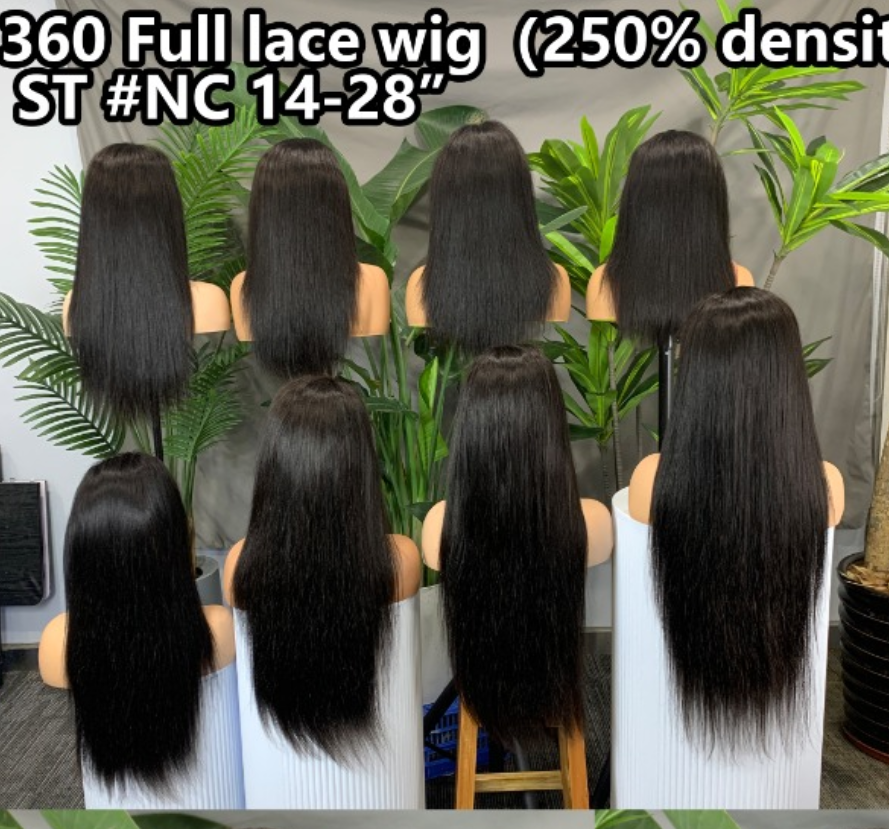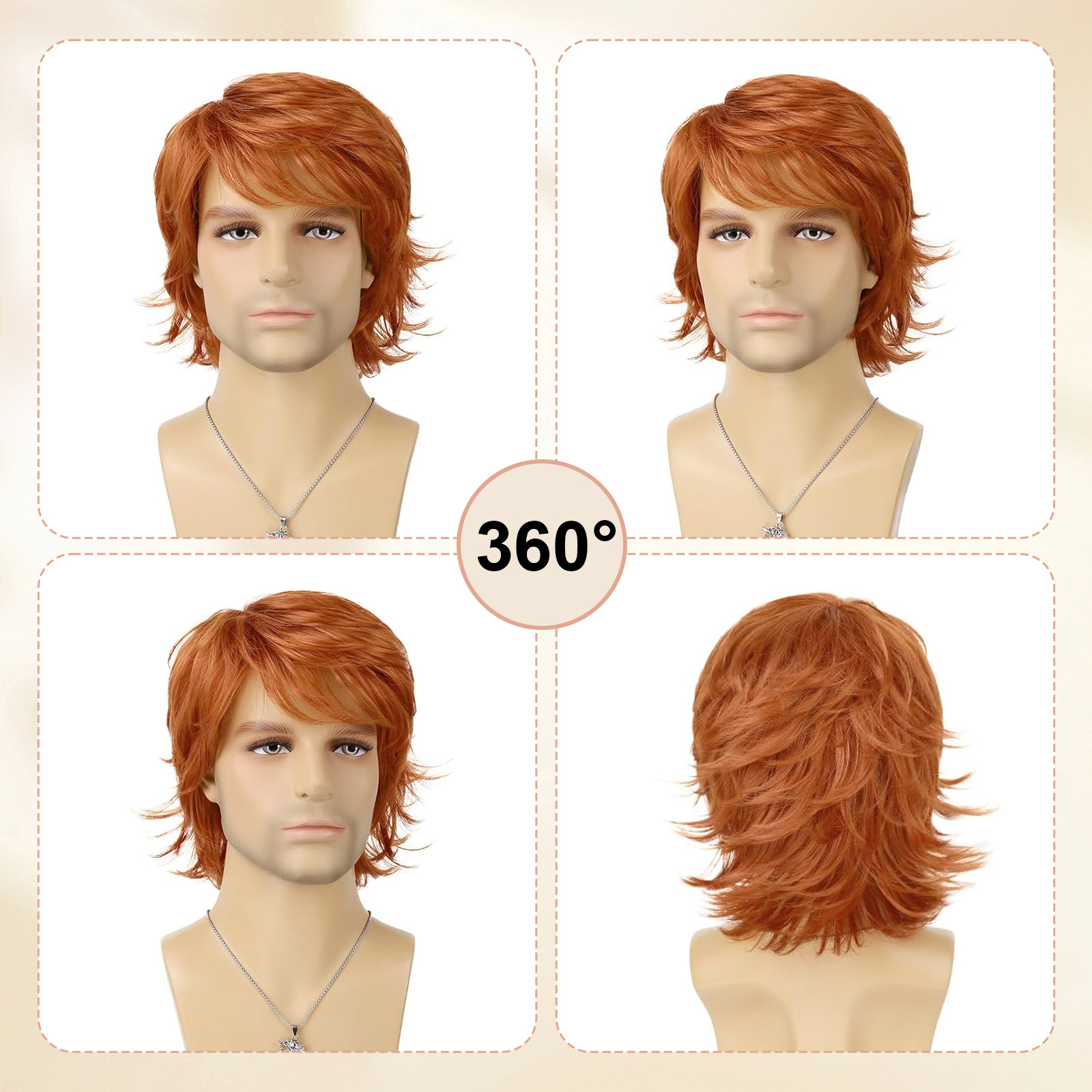In the pursuit of beauty and self-expression, hair plays a significant role. It is a powerful medium through which individuals express their style, personality, and individuality. Behind the scenes of the glamorous hair industry lies the crucial work of human hair suppliers. These unsung heroes ensure that the raw materials for creating stunning hairpieces, extensions, and wigs are of the highest quality. This article delves into the world of human hair suppliers, their impact on the beauty industry, and the factors that make them an indispensable part of the hair care ecosystem, all while meeting the standards required for Google indexing and official website content.
The Vital Role of Human Hair Suppliers
Human hair suppliers are the linchpins that connect hair donors with manufacturers, providing the essential raw material for a wide range of hair products:
1. Quality Assurance: Suppliers are responsible for ensuring that the hair they provide is healthy, clean, and free from damage, meeting the stringent standards required by the industry.
2. Ethical Sourcing: Ethical sourcing is a cornerstone of reputable human hair suppliers, ensuring that the hair is collected with integrity and respect for donors.
3. Market Needs: Suppliers must stay abreast of market trends and demands to provide the right types of hair that cater to the latest styles and consumer preferences.
Sourcing and Processing Human Hair
The journey of human hair from donor to final product is a meticulous process that suppliers facilitate:
1. Collection: Suppliers work with hair donation centers, salons, and individual donors to collect human hair. They ensure the hair is cut and handled properly to maintain quality.
2. Cleaning and Sorting: Once collected, the hair undergoes a thorough cleaning process to remove any impurities. It is then sorted according to length, color, and texture to categorize it for different uses.
3. Sanitization: The hair is sanitized to ensure it is free from bacteria and other microorganisms, making it safe for hair products.
4. Packaging and Distribution: After processing, the hair is carefully packaged and distributed to manufacturers who will transform it into the final products.
The Impact of Human Hair Suppliers on the Beauty Industry
The influence of human hair suppliers on the beauty industry is profound:
1. Quality Products: The high-quality hair provided by suppliers is essential for creating products that look natural and feel healthy, which is crucial for customer satisfaction.
2. Industry Growth: As the demand for hair extensions, wigs, and hairpieces grows, suppliers play a key role in fueling this growth by providing the necessary raw materials.
3. Innovation: Suppliers often work closely with manufacturers to develop new products and improve existing ones, driving innovation in the industry.
Ethical Considerations in Human Hair Sourcing
Ethics are a paramount concern for human hair suppliers:
1. Traceability: Ethical suppliers prioritize traceability, ensuring that the origin of the hair can be traced back to the donor, maintaining transparency.
2. Donor Consent: Suppliers must ensure that all hair is collected with the full consent of the donor, respecting their rights and privacy.
3. Fair Trade: Fair trade practices are increasingly important, ensuring donors are treated respectfully and receive fair compensation for their hair.
Challenges and Opportunities
Human hair suppliers face unique challenges and opportunities:
1. Supply Stability: Ensuring a stable supply of high-quality human hair can be challenging, especially in market fluctuations and donor availability.
2. Regulatory Compliance: Suppliers must comply with various international regulations and standards related to health, safety, and ethical sourcing.
3. Market Expansion: There is an opportunity to expand into new markets and cater to the rising demand for human hair products in regions with growing beauty industries.
The Future of Human Hair Suppliers
Several key trends shape the future of human hair suppliers:
1. Technological Advancements: Adopting new technologies can improve the efficiency of hair sourcing, processing, and distribution efficiency.
2. Sustainability: As consumers become more environmentally conscious, suppliers must prioritize sustainable practices to reduce their carbon footprint.
3. Ethical Focus: An increasing emphasis on ethics will drive suppliers to ensure that their practices are sustainable and socially responsible.
Conclusion
Human hair suppliers are the silent guardians of the beauty industry, providing the foundation for the art of hair transformation. Their dedication to quality, ethics, and customer satisfaction ensures that the beauty industry can thrive. As the industry evolves, suppliers will continue to adapt, meeting the challenges and embracing the opportunities that come with their vital role. By doing so, they contribute to enhancing beauty and self-esteem for individuals worldwide, one strand at a time.




